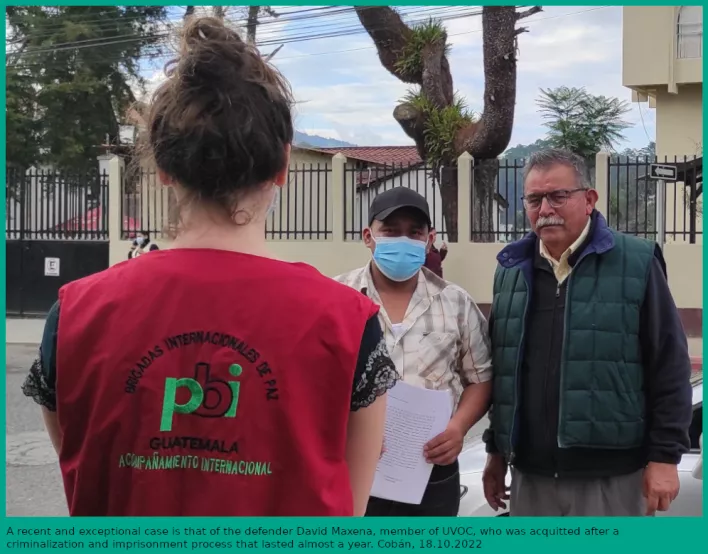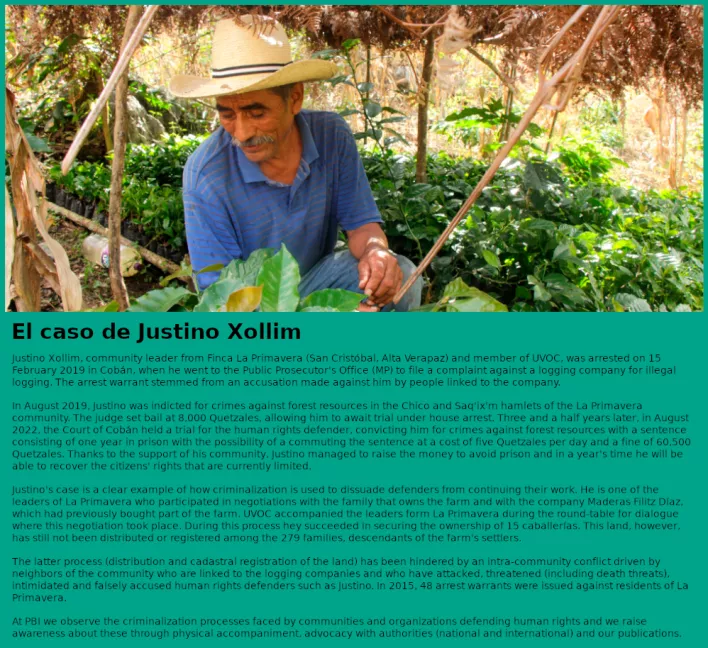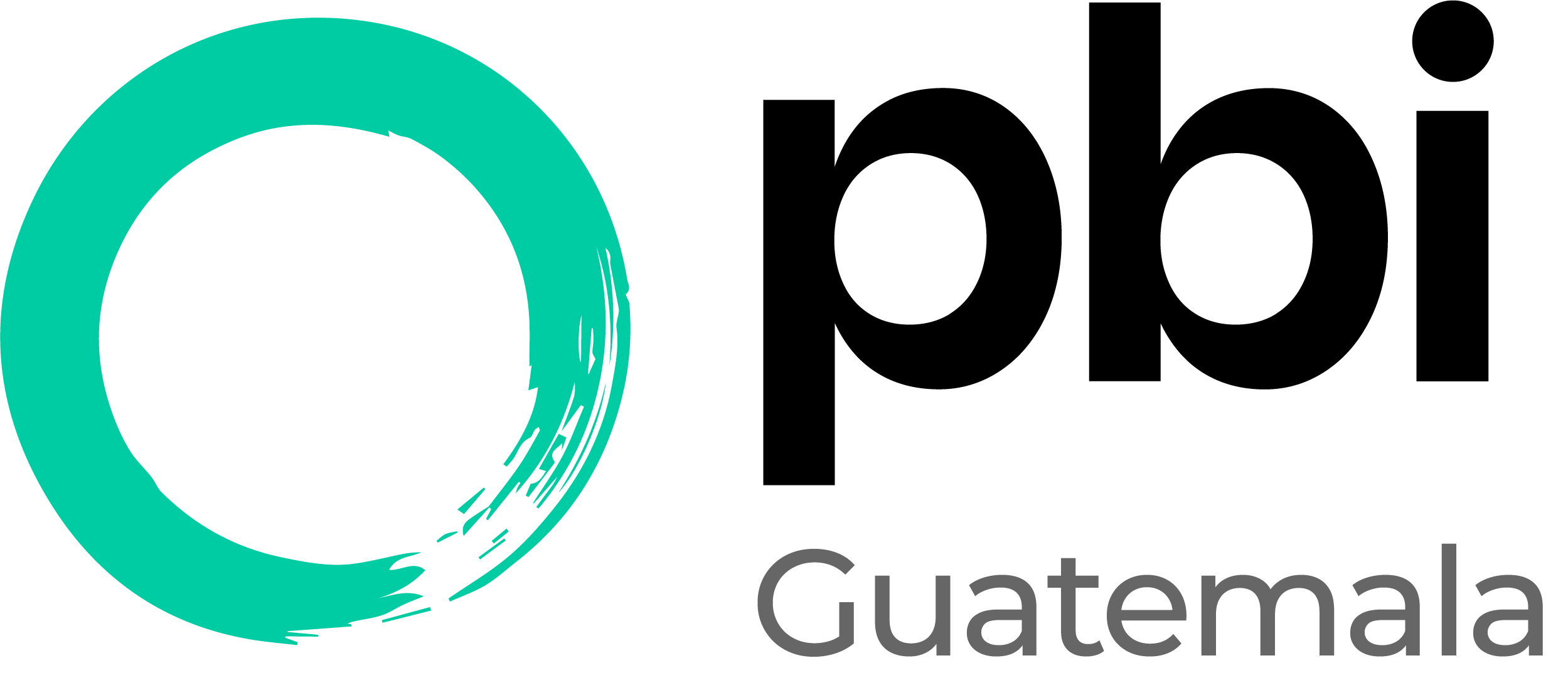(published in the News of our work in the Bulletin no. 48)
We have been raising concerns about the criminalization and judicial accusations Human Rights Defenders (HRDs) that we accompany have been subjected to for years now. They are accused of various crimes as a means of persuading them to abandon their work in defending rights. The processes of criminalization and prosecution against them usually include the following stages and actions: defamation campaigns by authorities and the media, spreading rumors that cast doubt on their legitimacy as well as personal and professional integrity; legal accusations; arrest warrants; detention and criminal prosecution to paralyze or inhibit their work in social processes defending nationally and internationally recognized rights.
A study by the Human Rights Ombudsman’s Office (PDH) and the Office of the United Nations High Commissioner for Human Rights (OHCHR) highlights some of the patterns of criminalization of human rights defenders: identification of leaders to be criminalized (for example, using their participation in round-tables for dialogue), with the aim of weakening movements that defend human rights; involvement of non-state actors, businessmen or company employees in filing the criminal complaints; problems in access to independent and impartial justice as a result of the potential interests and connections between powerful local actors and the justice system; detention of defenders using disproportionate force; failure to present arrest warrants and, in some cases, arrests by plainclothes police or private security agents. When alternative measures are applied the level of bail is set too high for most people to afford. In several cases, the prohibition on participation in activities related to the defense of human rights has been imposed as a requirement for conditional release.

Criminalization and other aggression against human rights defenders have an impact at various levels including individual, family, organizational and community.1 These acts put the democratic spaces in which human rights defenders act at risk as well as shrinking the number of those spaces. They send the message that defending rights implies a high level of risk, spreading fear and weakening civil society organizations working in defense of human rights.
All of the organizations and collectives that PBI accompanies currently face criminalization and legal proceedings. Two of the requests for accompaniment we have received in recent years, from Multisector Chinautla and the Community Council of Retalhuleu (CCR), were motivated by the fact that several of their members were (and still are) facing criminalization/legal proceedings. This was also the case of the Association of Residents Against Corruption in Patzicía (AVCCP), who we accompanied for a year and a half before the criminalization process against its leader Carlos Sajmoló ceased. However, this case is an exception because criminalization is ongoing in the rest of the organizations we accompany and new cases have emerged.
1 For more information on criminalization and its impacts at the personal, family and community level, we recommend reading our Bulletin 39 (August 2018), dedicated entirely to this topic.

